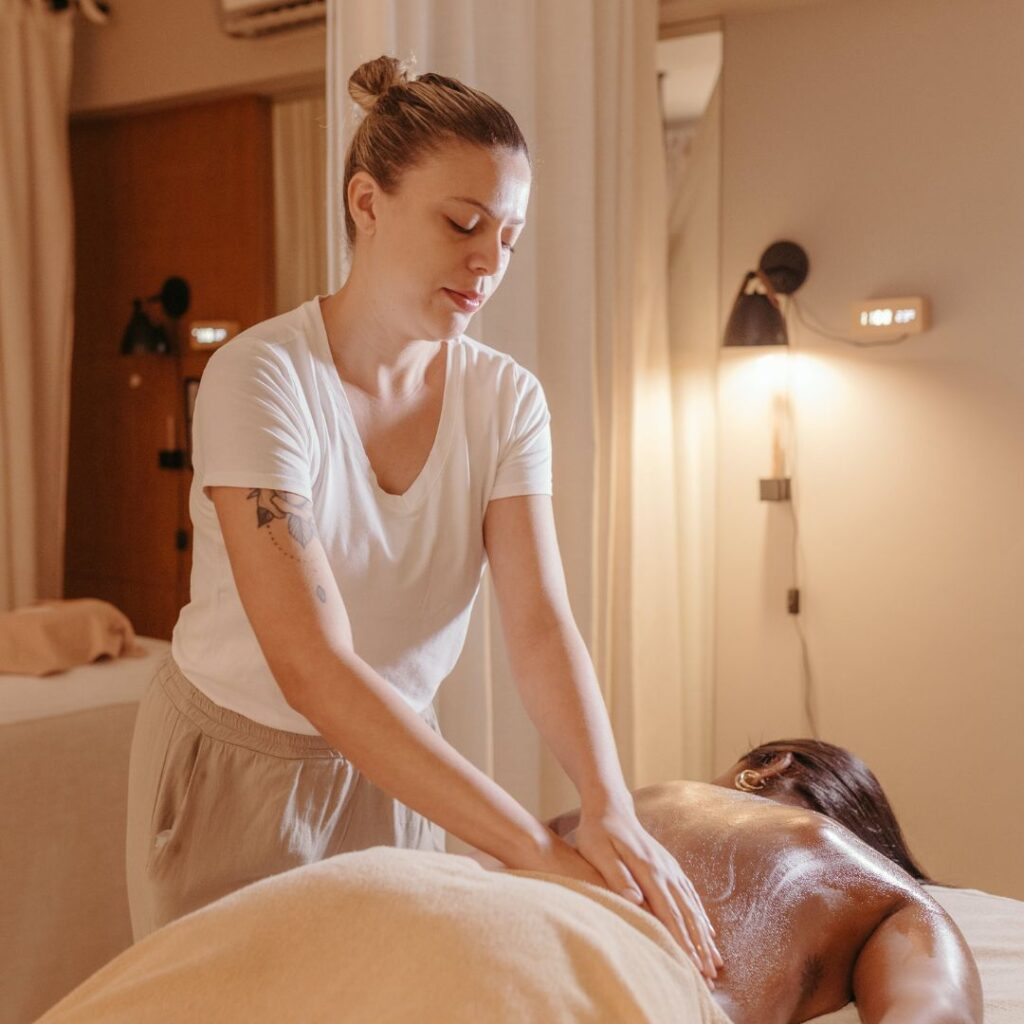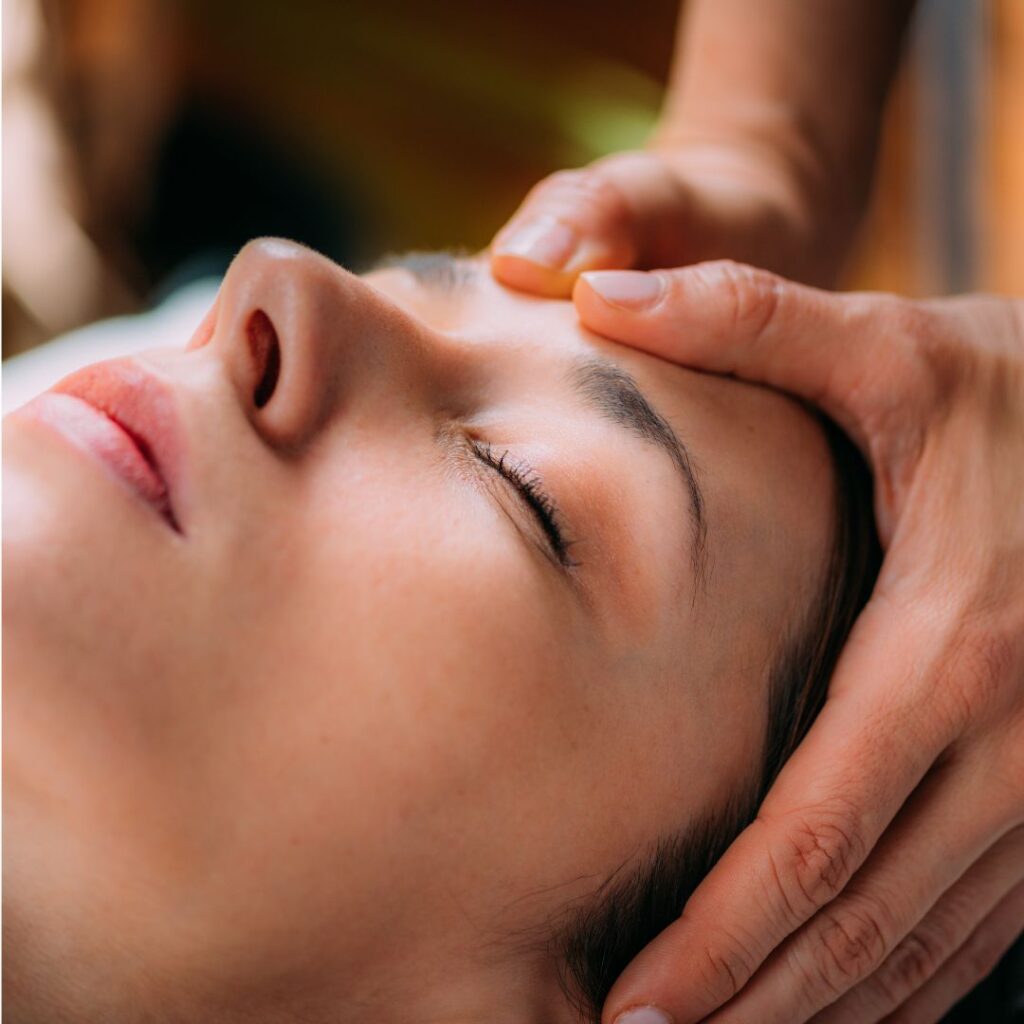In today’s fast-paced world, mental health challenges like anxiety and stress have become increasingly common. While there are various treatment options available, more people are turning to holistic therapies for support—one of the most powerful being Thai massage. Known for its blend of acupressure, yoga-like stretches, and mindful breathing, Thai massage helps stimulate the body’s energy flow, which can lead to a deep sense of relaxation and mental clarity. These effects have shown promising results in improving mental wellness. But how exactly does it help reduce anxiety and stress?

A Holistic Approach to Wellness
Thai massage is deeply rooted in traditional Thai medicine, which views the body and mind as interconnected. The technique works along “sen lines,” or energy pathways, with the goal of balancing energy flow. Unlike Western massage styles, Thai massage involves rhythmic pressure, joint manipulation, and passive stretching that engage the entire body.
This physical engagement has more than just muscular benefits—it stimulates the parasympathetic nervous system, helping the body shift from a fight-or-flight response to a more relaxed state. As a result, clients often report feeling mentally calm, emotionally balanced, and physically energized after a session.
Reducing Stress Through Touch and Movement
Stress often builds up in the body as tension in the shoulders, neck, and lower back. Thai massage helps to release this built-up tension through targeted pressure and movement. The therapist uses hands, elbows, knees, and feet to apply firm but soothing pressure, guiding your body through gentle stretches.
This movement, combined with deep breathing during the session, can significantly reduce cortisol levels—the hormone associated with stress. At the same time, it encourages the production of endorphins and serotonin, the body’s natural mood enhancers. Many clients describe the experience as deeply meditative and restorative, even after just one session.
Combating Anxiety with Mind-Body Awareness
Anxiety often stems from an overactive mind and a lack of presence. Thai massage combats this by encouraging mindfulness, or being fully aware of the present moment. The practice involves conscious breathing and body awareness, helping clients reconnect with their bodies and break the cycle of negative thought patterns.
Over time, regular Thai massage can improve emotional regulation, enhance sleep quality, and reduce symptoms associated with generalized anxiety disorder (GAD). It becomes not just a treatment, but a practice in mental resilience.

Is Thai Massage Right for You?
If you’re experiencing mild to moderate anxiety or chronic stress, Thai massage can be a valuable complement to your wellness routine. While it is not a substitute for clinical therapy, many mental health professionals support its use as part of an integrative approach to care.
For best results, look for certified Thai massage therapists who understand both the physical and energetic components of the practice. Consistency is key—weekly or bi-weekly sessions can make a noticeable difference in your mental well-being.

